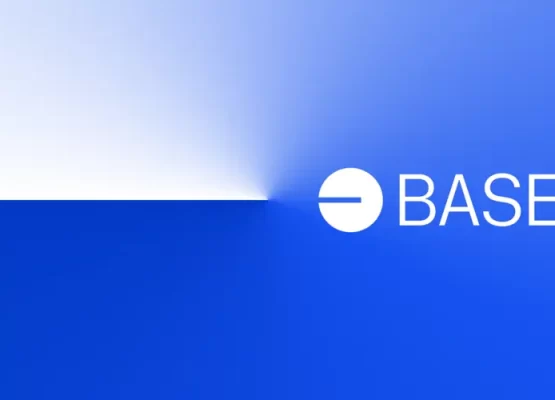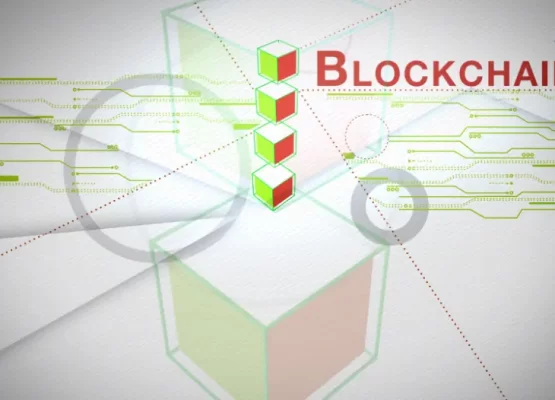Introduction to Smart Contracts
The blockchain encodes self-executing agreements known as smart contracts. They automatically facilitate, verify, and enforce the terms of a contract without the need for intermediaries. Unlike traditional contracts, which often require manual intervention and rely on trust in a centralized authority, smart contracts leverage blockchain technology to ensure transparency, immutability, and security. Creating smart contracts involves coding and deploying self-executing agreements on a blockchain to automate and secure transactions.
How Smart Contracts Work
Developers write smart contracts and store them on a blockchain. Predefined rules and conditions are programmed to execute when specific conditions are met. Participants can access and interact with smart contracts deployed on a blockchain network in a permissioned or permissionless manner, depending on the type of blockchain.
When a transaction occurs, the smart contract automatically validates the conditions of the agreement and executes the predefined actions accordingly. This automation eliminates the need for intermediaries, reduces costs, minimizes the potential for errors, and enhances the speed of contract execution.
Benefits of Smart Contracts
They offer several advantages over traditional contract mechanisms:
Efficiency: Smart contracts eliminate the need for manual intervention, reducing administrative costs and processing time by automating contract execution.
Transparency: Smart contracts store themselves on a blockchain, which offers an immutable and transparent record of all transactions. Participants trust each other more and the risk of fraud decreases because of this transparency.
Security: Smart contracts ensure that the network participants cannot alter the terms of the agreement without consensus by using cryptographic techniques.
Cost Savings: Smart contracts reduce associated costs and streamline the contract process by eliminating the need for intermediaries such as lawyers or brokers, resulting in cost savings.
Accuracy: Smart contracts execute based on predefined rules, eliminating the potential for human error or misinterpretation of contract terms.
Use Cases of Smart Contracts
Smart contracts have the potential to transform various industries. Some notable use cases include:
Smart Contracts and Decentralized Finance (DeFi)
Smart contracts are a foundational component of decentralized finance (DeFi). They enable the creation of decentralized applications (DApps) that provide financial services such as lending, borrowing, and trading without the need for intermediaries. They facilitate trustless interactions, allowing participants to engage in peer-to-peer transactions securely and transparently.
Smart Contracts in Supply Chain Management
Smart contracts can streamline supply chain management by automating and tracking the movement of goods and verifying the authenticity of products. They enable real-time visibility, reduce paperwork, prevent counterfeit goods, and enhance supply chain efficiency and trust.
Smart Contracts in Healthcare
The healthcare industry can use smart contracts to securely store and manage patient data, enable interoperability between different healthcare providers, automate insurance claims, and ensure the privacy and security of sensitive medical information.
Smart Contracts and Intellectual Property
Smart contracts can revolutionize the way we manage intellectual property. We can automate licensing agreements, track the usage and royalties of copyrighted content, and ensure that creators are fairly compensated for their work.
Challenges and Limitations of Smart Contracts
While smart contracts offer numerous benefits, there are also challenges and limitations to consider:
- Complexity: Developing smart contracts requires expertise in programming and blockchain technology. The complexity of the code increases the risk of vulnerabilities and bugs.
- Immutability: Once deployed on a blockchain, smart contracts are immutable, meaning they cannot be easily modified or updated. This lack of flexibility can be problematic if errors or unforeseen circumstances arise.
- Legal and Regulatory Frameworks: The legal and regulatory frameworks surrounding smart contracts are still evolving. Clarification and standardization are needed to ensure the enforceability of smart contracts and resolve potential disputes.
- Oracles: Smart contracts often rely on external data sources called oracles to execute actions based on real-world events. Ensuring the accuracy and reliability of oracles is crucial for the integrity of smart contract execution.
The Future of Smart Contracts
The potential of smart contracts is immense, and their adoption is expected to grow rapidly in the coming years. As blockchain technology continues to mature and regulatory frameworks become clearer, smart contracts will likely become a standard feature of various industries. Their ability to streamline processes, enhance transparency, and reduce costs makes them an attractive solution for businesses seeking efficiency and trust in their operations.
Conclusion
Smart contracts represent a significant innovation in the field of blockchain technology. By automating contract execution and leveraging the security and transparency of blockchain, smart contracts offer a compelling solution to many of the challenges associated with traditional contracts. As industries continue to explore the potential of smart contracts, we can expect to witness transformative changes in sectors such as finance, supply chain management, healthcare, and intellectual property. Consult with Blocktechbrew today to get deploy your own smart contracts.
FAQs
1. Are smart contracts legally binding?
Yes, smart contracts can be legally binding as long as they meet the requirements of existing legal frameworks. However, the enforceability of smart contracts may vary depending on the jurisdiction and the specific circumstances of the contract.
2. Can smart contracts be altered or modified after deployment?
Once a smart contract is deployed on a blockchain, it becomes immutable, meaning it cannot be easily altered or modified. However, it is possible to create upgradeable smart contracts by incorporating mechanisms that allow for updates while maintaining the integrity of the contract.
3. Are there any risks associated with smart contracts?
Smart contracts are not immune to risks. Bugs or vulnerabilities in the code can lead to unintended consequences or security breaches. It is crucial to conduct thorough testing and audits to minimize these risks.
4. What is the difference between smart contracts and traditional contracts?
Smart contracts automate the execution and enforcement of agreements using blockchain technology, while traditional contracts often require manual intervention and rely on trust in centralized authorities. Smart contracts offer greater efficiency, transparency, security, and cost savings compared to traditional contracts.
5. Can smart contracts be used outside of blockchain technology?
People can apply the concept of self-executing contracts in other contexts as well, even though smart contracts are primarily associated with blockchain technology. However, the security and immutability provided by blockchain make it an ideal platform for smart contracts.




